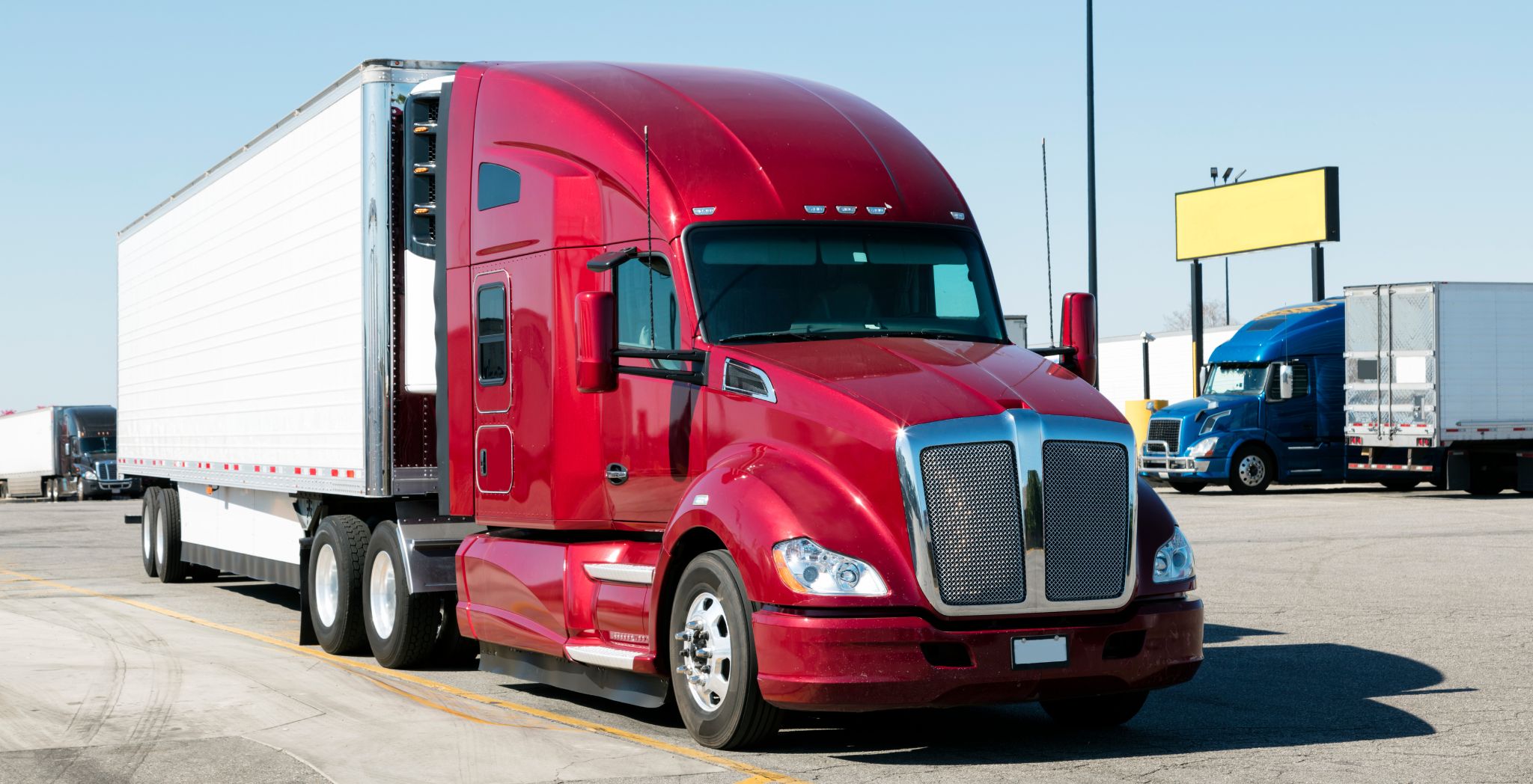Since the use of electronic logging devices became mandatory, truckers have been trying to adjust to new hours of service, and both the trucking industry and the government are realizing some obstacles in the legislation, specifically for the transportation of biological and agricultural products. However, even before ELDs became mandatory, there were concerns over trucker privacy.
As the market has been shifting and smaller trucking companies are generating more revenue from the spot market, trucker privacy is once again in the spotlight.
Large Carriers and Long-Standing Clients
ELDs gave fleet managers a new way to track drivers and monitor activities. ELDs also allowed carriers to share data with their clients, so everyone could keep track of shipments. For large carriers, sharing this information with clients is just an extension of standard practices.
Besides, most large carriers have long-standing relationships with clients and have formed strong business relationships with a fair amount of trust.
Small Trucking Companies and the Spot Market
Small trucking companies have a different experience. A little more than half of the revenue generated by small trucking companies comes from the spot market. The spot market, by its very nature, does not allow for the formation of strong relationships with carriers.
Clients do not have the years of vetting to build trust like larger carriers have with their customers. With all of the data being generated by ELDs, trucker privacy has become a major concern for small trucking companies.
There is a lot of apprehension about sharing data with clients for spot shipments because small trucking companies cannot guarantee how that data will be used. Some small trucking companies have been avoiding the spot market just to protect trucker privacy.
Finding a Middle Ground
ELD manufacturers are the first to recognize that the devices and accompanying legislation have technology in mind, but little thought was given to the human factor.
While compliance is necessary to enforce standards across the board and increase safety on the roads, further measures need to be taken—either through additional legislation, contracts, or other solutions—to protect trucker privacy and prevent mishandling or abusing shared data.
Lawmakers have already called upon the FCC for more transparency in how telecommunications data is handled in order to enforce data sharing agreements.







